Celebrating two years of work: small but mighty, and why there should be more like us
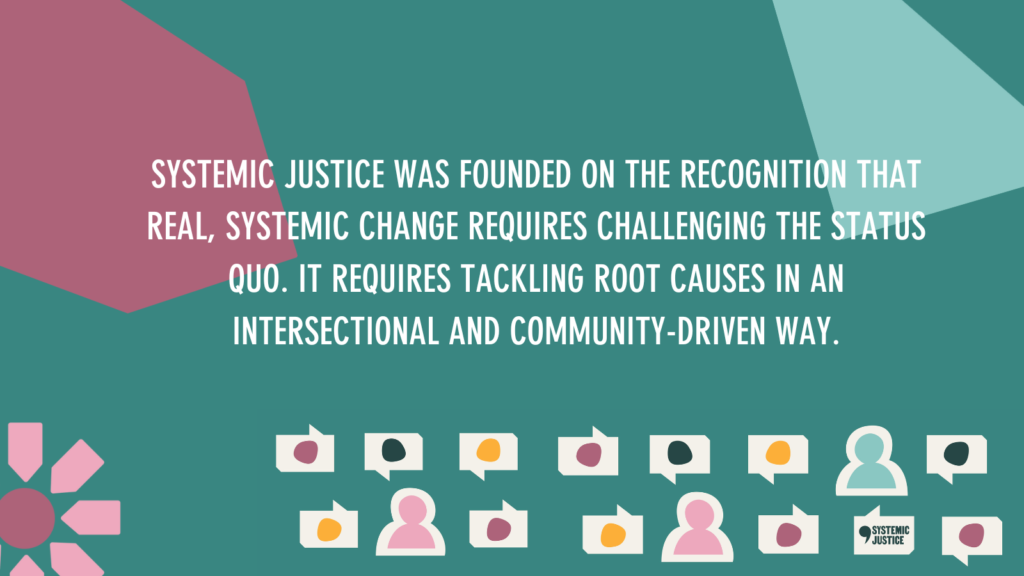
Systemic Justice celebrates its second anniversary. The organisation was founded on the recognition that real, systemic change requires challenging the status quo; that it requires tackling root causes in an intersectional and community-driven way.
The struggle for community land and rights of nature
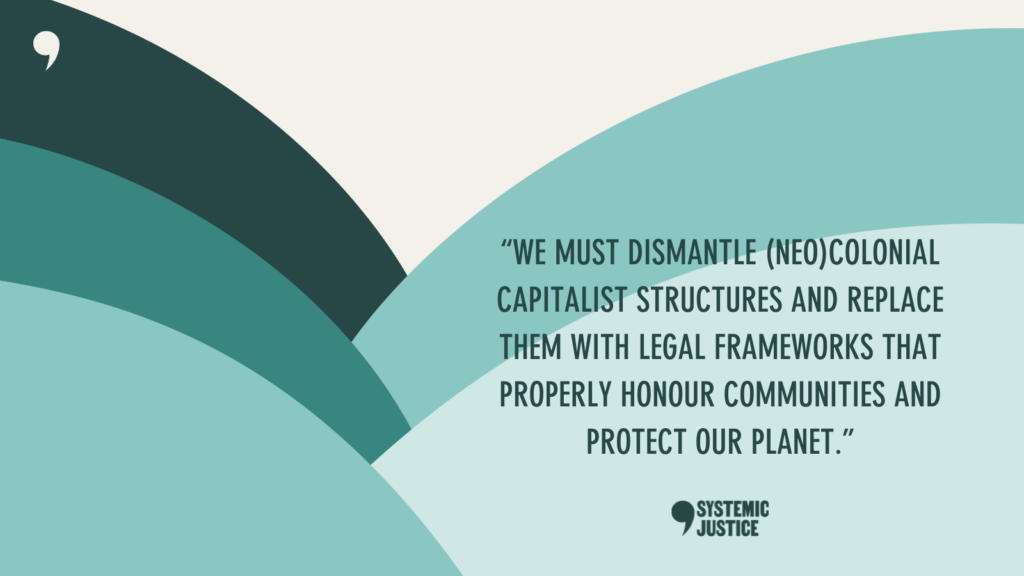
Achieving climate justice requires so much more than adopting mitigation and adaptation measures, or setting targets for net zero. It requires a complete overhaul of the status quo to address the historical conditions and systems of oppression that have fuelled the climate crisis. This includes the dismantling of (neo)colonial capitalist structures that are baked into our laws, and replacing them with legal frameworks that properly honour communities and protect our planet, such as the proper recognition of community land and the rights of nature.
Centring people, joy, and growth in how we work
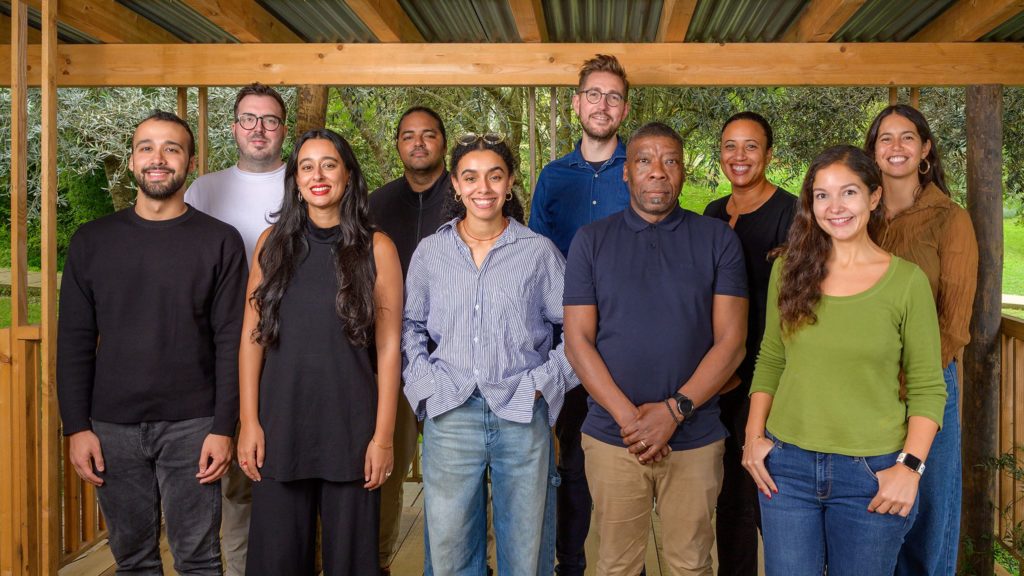
The concept of guardianship underlines the importance of building an organisational culture that enables pursuing the mission, allowing individuals to step in and out of that guardian role along the way.
A reflection on extractive research: a commitment to uplifting marginalised voices and challenging structural inequality
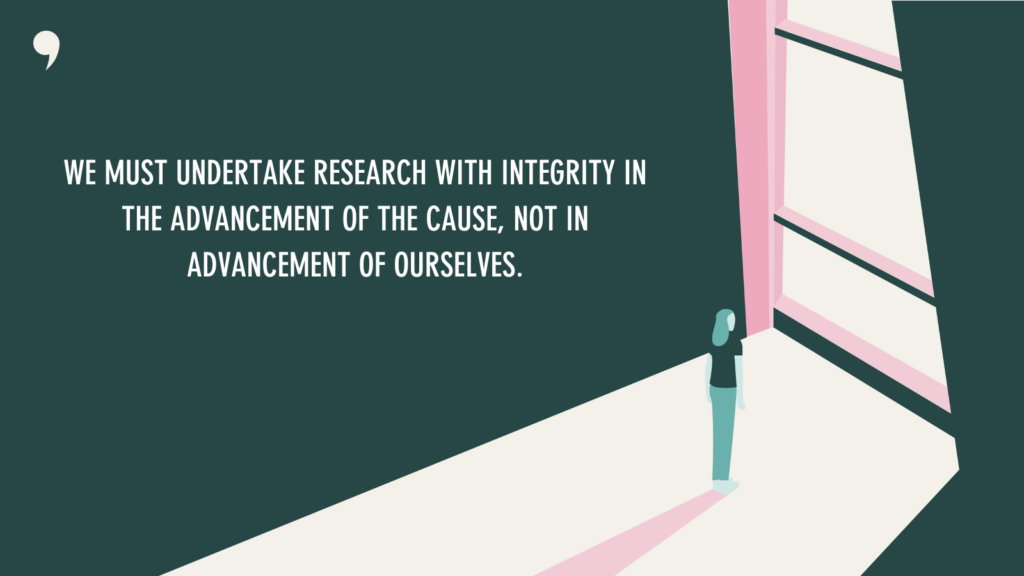
At Systemic Justice, our research activities encompass community consultations, research conversations, data interrogation, analysis, and knowledge production – all carried out in service to racially, socially, and economically marginalised groups and communities.
Remedies: Justice requires so much more than “compensation”
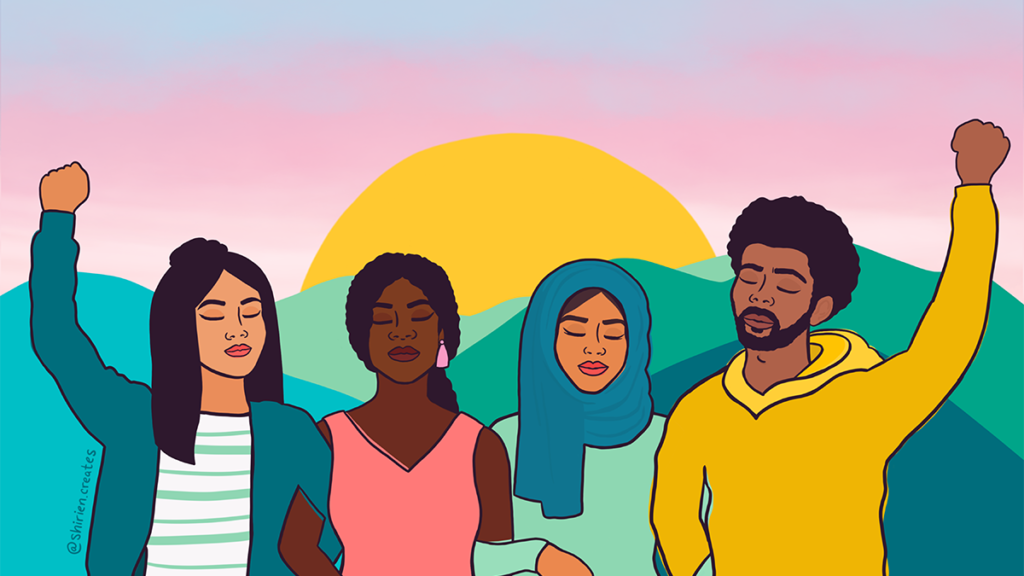
What are we asking the court to do if they find in favour of our claim? As we develop litigation work with community partners, these considerations on the request for remedies will be a crucial part of the exploration process.
Gaslighting and paper tigers: why Europe needs to take anti-racism seriously
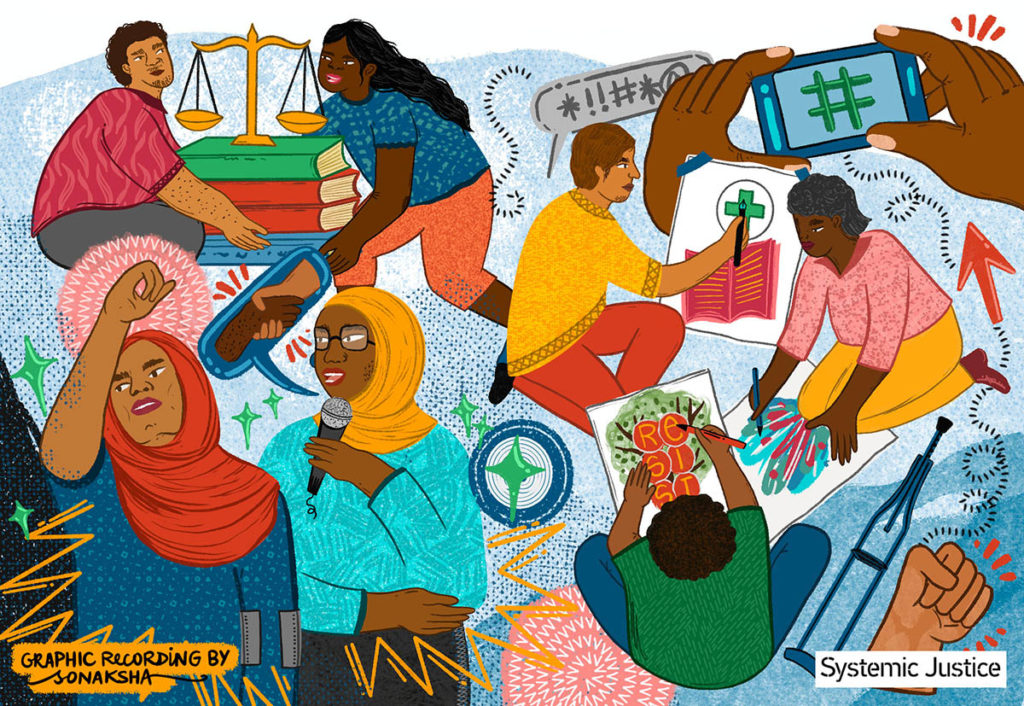
“Solidarity has been precluded – so we need to build it” In Europe, being racialised is a part of everyday life for everyone. Racialisation, as a social construct, can take place on the grounds of ethnicity, skin colour, religion, and a myriad of other factors. For many this results in marginalisation, stereotyping, exploitation, exclusion, invisibilisation, […]
